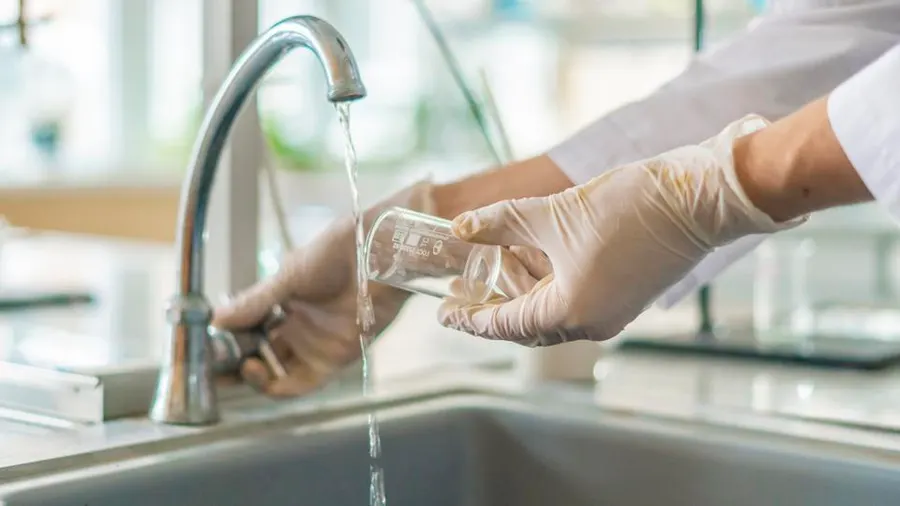At some point, you may begin to wonder about your home’s water quality. If you find yourself in this position, you have one of two options:
- Do nothing and hope for the best
- Test your water with the idea that you can make changes if you find that something is wrong
Unfortunately, many people opt against water testing for this reason: they’re concerned they’ll find something wrong and won’t be able to do anything about it. This is flawed thinking, as you don’t want to continue to use water that is not as safe and healthy as it could be.
What to do Next
Now that you understand that you can take action, it’s time to do so. However, this leads to the question of which steps to take next. First things first, you need to decide how you’re going to test your water. Are you going to call your water company and ask them to take the lead? Will you rely on the skills of the water softener salesman who knocked on your door last week? Simply put, you should only trust a test based on US EPA guidelines and reporting standards. Anything else could lead you down the wrong path. There are a couple of tests that are recommended, including the following:
- Comprehensive water test. This is exactly what it sounds like. It tests your water for nearly 40 contaminants, to ensure that there is nothing in your water that could be impacting your health. Along with this, you can also order a sulfur reducing bacteria and BART iron test.
- Water check with pesticides water test. For homeowners with more advanced concerns – maybe because a neighbor has reported contaminated water – this test takes things to the next level. It checks for more than 100 contaminants, along with a bacteria test.
For some homeowners, it’s difficult to imagine that anything is wrong with the quality of their water. They’ve been using it for years, and assume it’s 100 percent safe. Even if this ends up being the case, it’s better to be safe than sorry. Once you test your water and carefully review the results, you’ll have a better idea of what to do next. If you’re lucky, you won’t have to take action. Conversely, if you find something wrong, you’ll want to take the steps necessary to improve your water quality in the near future.


